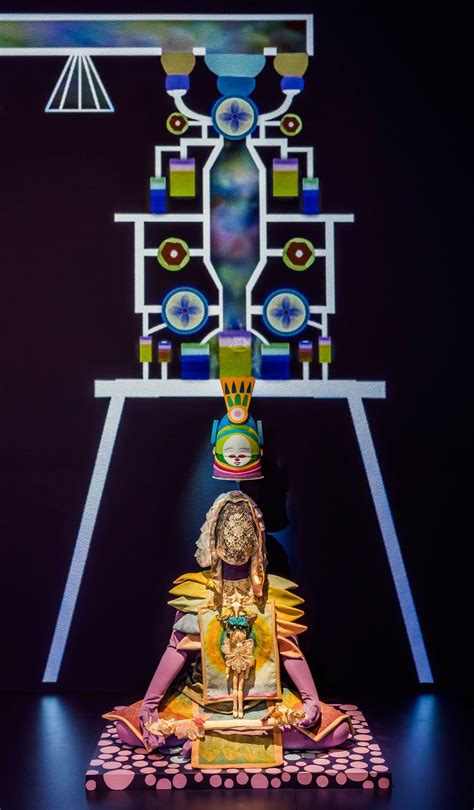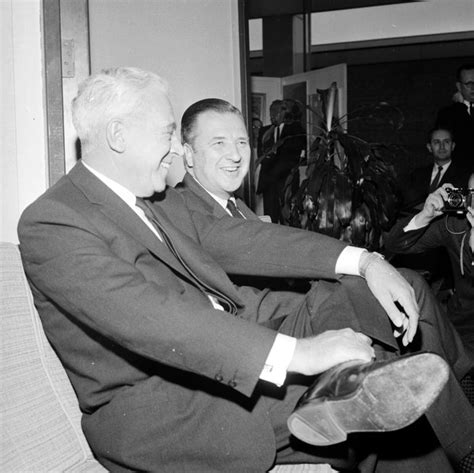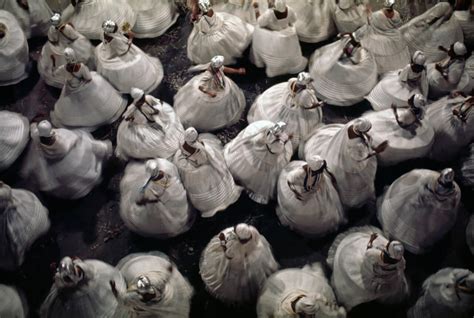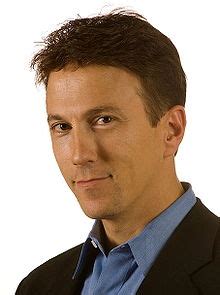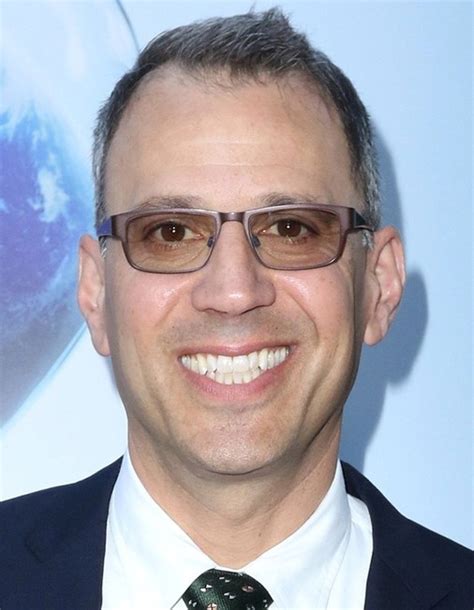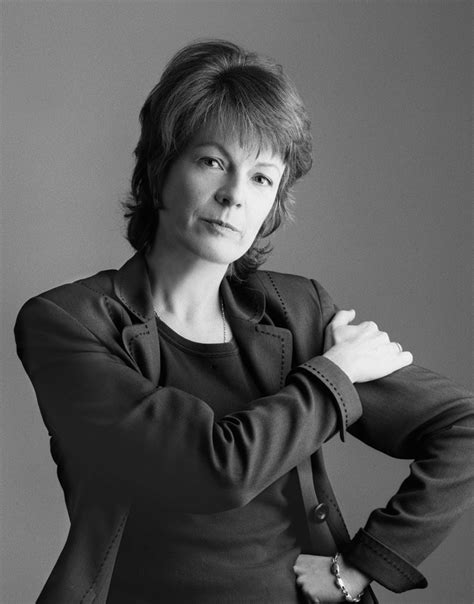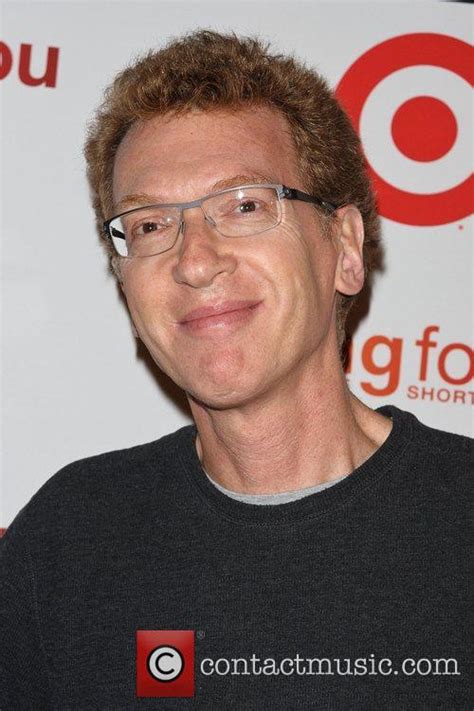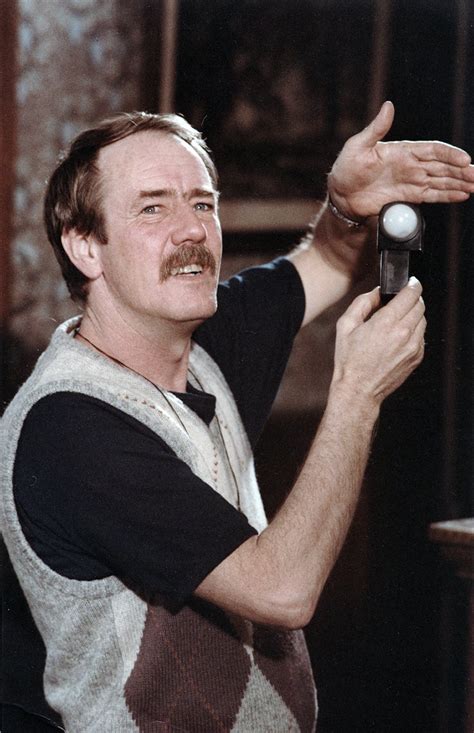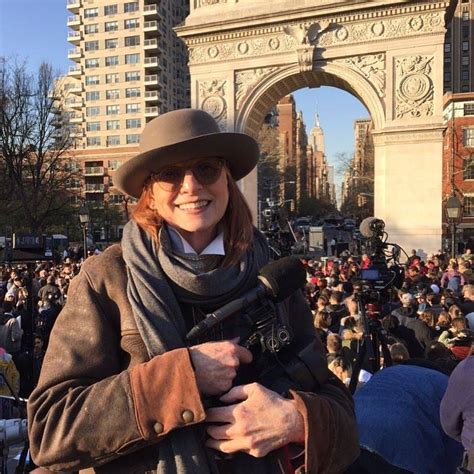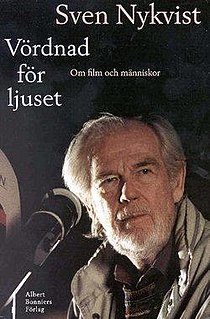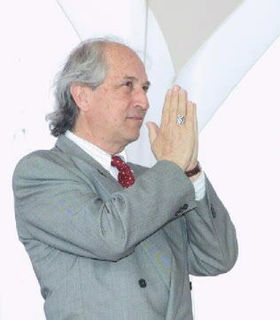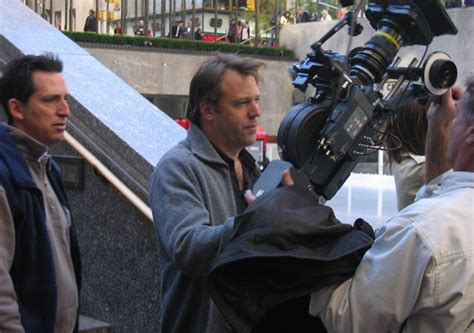A Quote by Vilmos Zsigmond
Using film was so much easier than the digital technology of today. But digital is still at the beginning of what it can be and they'll be fixing all those problems. It's just too complicated - negatives, tinting, flashing - it's a whole new system that takes a lot of time. Of course, it's not as physical. Even the editing. You used to feed a piece of celluloid into an editor. [Digital] is not expensive and that is an advantage, but I must say that I don't love it.
Related Quotes
If you need to strap a camera to you or get in a small space, then it makes sense to use digital.I do think it is possible to use a digital camera artistically, but it can only be good if you are using film technique. Film has grain, and digital has pixels, and there is not that much of a difference, but digital does not replace the need to create a scene and light it properly and spend time considering the shot.
The whole switch from film to digital has changed some of the ways I use color and the juxtaposition of light and dark. It's getting better with digital, the separation's gotten better, but I still feel like it's really flatter than film, so I do a lot of screening and subtle textural printing and painting on clothes for film to get it not to look flat.
Various studios are still shooting on film with digital grain and the DI negatives, it's not ideal. We should really be all film or all digital. But that being said, the old way of graining in the camera, now you can make changes like a painter. It's dangerous because you can ruin the film, you can over-fiddle. We've all seen films and gone 'what the hell is that?'
[ Digital revolution ] only has allowed me to work faster, editing digitally, which I'm doing right now, a film on volcanoes. I can edit almost as fast as I'm thinking, editing with celluloid means always searching for this little reel of film, and number it, and scribble on it with some sort of pens, and gluing it together, and working on a flatbed. It's much, much slower.
In every part of the world with which I am familiar, young people are completely immersed in the digital world - so much so, that it is inconceivable to them that they can, for long, be separated from their devices. Indeed, many of us who are not young, who are 'digital immigrants' rather than 'digital natives,' are also wedded to, if not dependent on, our digital devices.
My current project was shot on film, and because of that I've spent my entire day removing dust-specks from negatives. You wouldn't have to do that on digital because you don't get dust on the scanner. I say to myself, "Why am I doing this all day?" I could have just bought a digital camera and I wouldn't have to remove dust-specks ever again. But when you move closer to a film image, it has a real truth to it. And I really like that.


